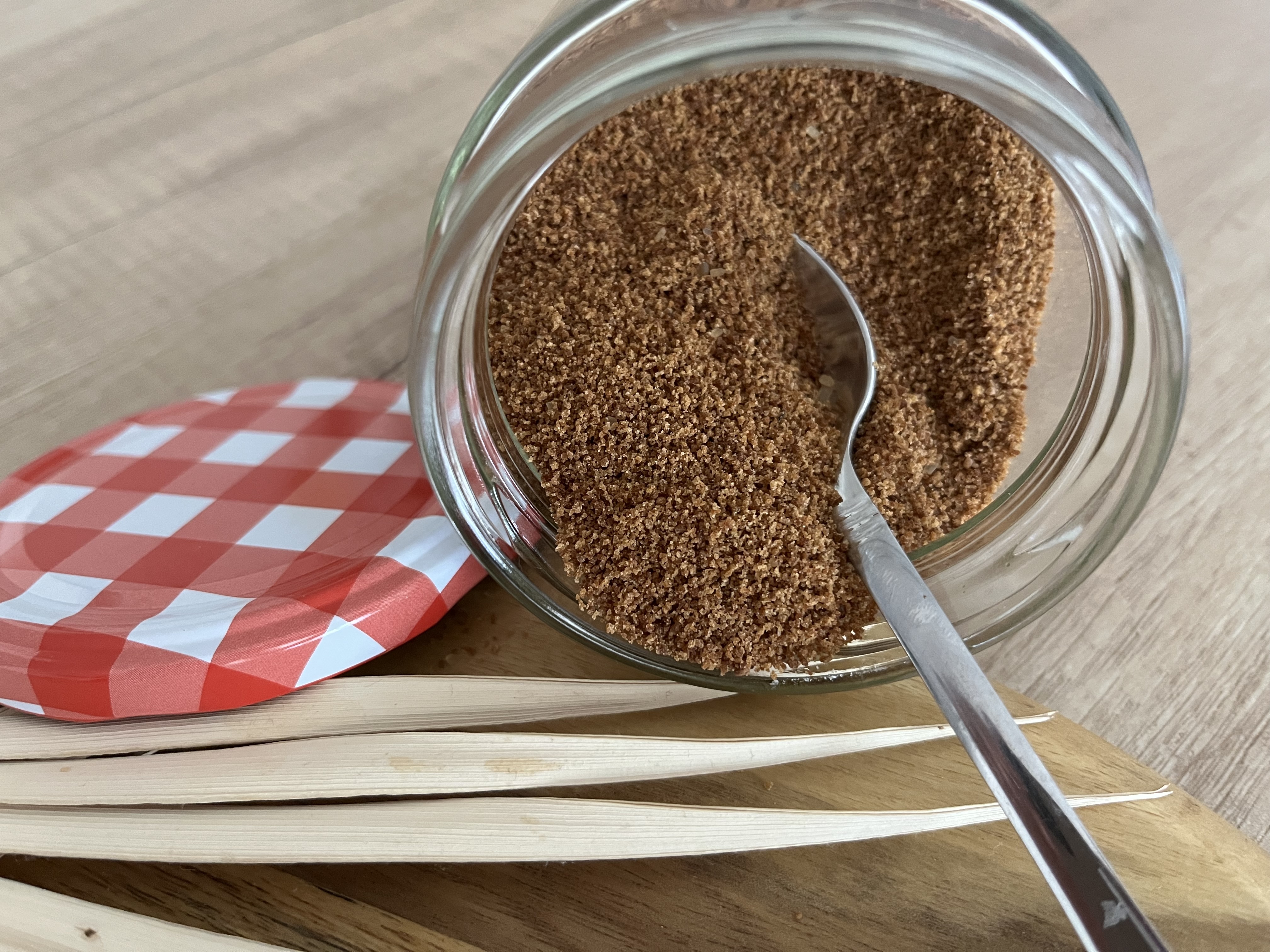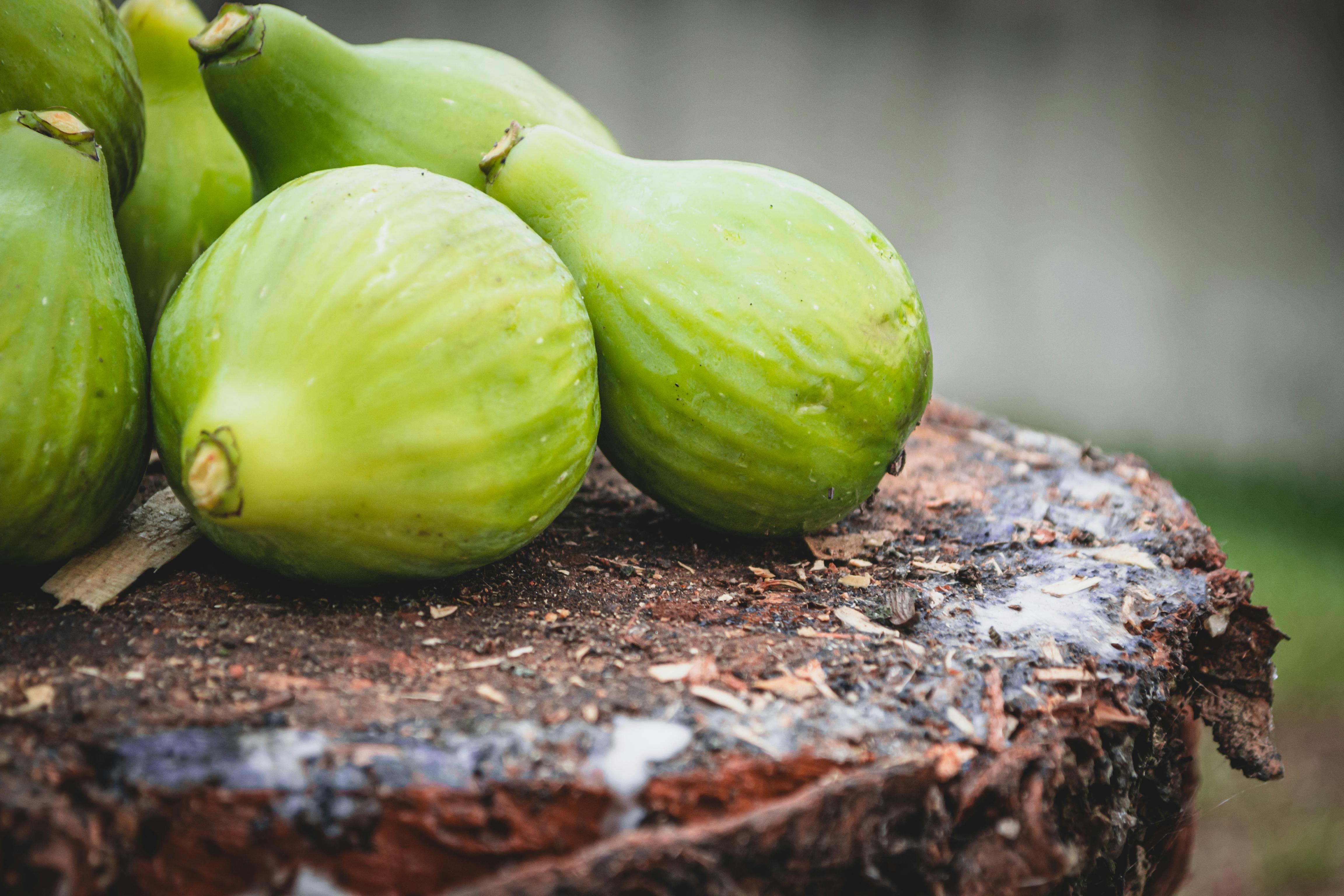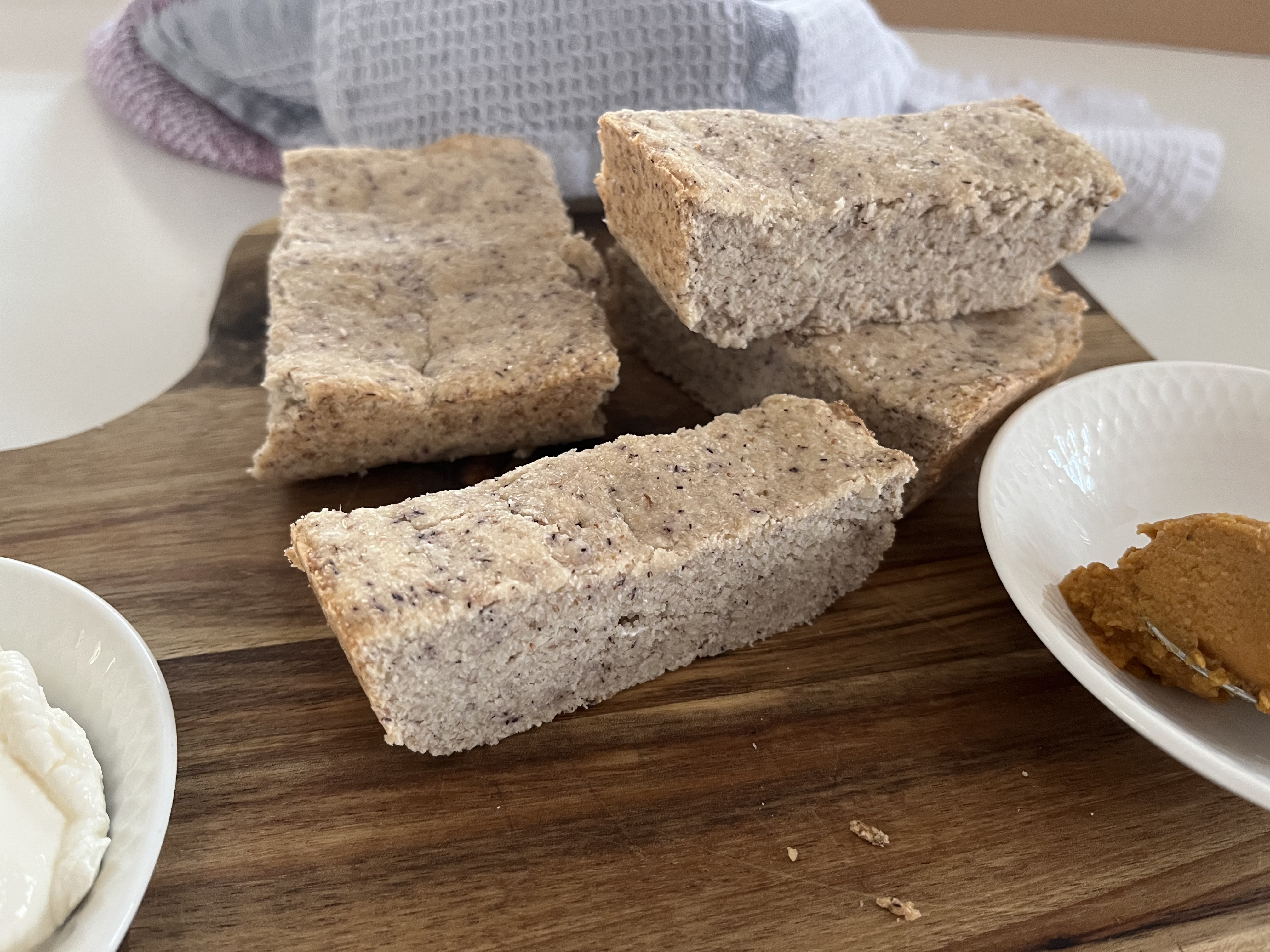 |
Nature’s Dessert Cookbook: Healthy, Delicious & Naturally Sweet Recipes Don’t want or can’t tolerate sugar alcohols and artificial sweeteners? This cookbook is for you! Every dessert is naturally sweetened with whole ingredients rich in fiber and protein, slowing sugar absorption and making them diabetic-friendly. It gathers your favorite recipes from the website—plus brand-new ones—all in one convenient place. Indulge in truly natural treats without compromise! |
 |
Diabetic Baked Goods: Everyday Bakes for Every Meal Diabetic cookbook designed to make healthy baking simple, accessible, and enjoyable. This collection of low-carb, high-fiber, and protein-rich recipes provides a reliable solution for those looking to enjoy diabetic bread and baked goods without blood sugar spikes. Every recipe includes a video tutorial, making it even easier to follow along and bake with confidence! |
 |
What Makes This Cookbook Different?
|
Coconut Palm Sugar: Sweet Benefits and Smart Tips for Your Desserts
Coconut palm sugar, also known as coconut flower sugar and coconut sugar is derived from the sap of the coconut palm's flower buds. It is not only natural but also minimally processed, retaining much of its nutritional value. The sap is collected, boiled, and dehydrated to form granules that closely resemble brown sugar with a beautiful caramel hue.
As a mother with a diabetic child, finding the best alternatives to traditional sugar for my son's desserts has been a journey filled with exploration and discovery. One of the most delightful finds for me has been coconut sugar. This versatile sweetener offers unique benefits and a rich flavor that enhances our treats while keeping them diabetic-friendly by combining it with other sweeteners and using it mindfully.
.

What is coconut sugar and how it truly affects your body
Coconut palm sugar has lower glycemic index (GI) compared to regular refined sugar. The GI measures how quickly foods raise blood sugar levels. Coconut flower sugar generally has a GI of 50-54, whereas refined sugar has a GI around 65.
Although coconut sugar has a lower glycemic index than regular sugar, it is still important to use it in moderation. It is a sugar!1 GI is not low and it has a caloric content similar to that of refined sugar, so it should be balanced with other low-calorie or non-caloric sweeteners to avoid excessive calorie intake.
Nutritionally, coconut flower sugar contains small amounts of vitamins and minerals like iron, zinc, calcium, and potassium. It also has antioxidants and prebiotic fibers, such as inulin.
Inulin probably slows sugar absorption and support digestive health. Given the small amount of this nutrient in coconut sugar, its actual impact is questionable. Additionally, it's crucial to monitor the effects of coconut flower sugar, keeping in mind that it may work better for some people than for others.
Our experience with coconut palm sugar
For me, the flavor profile of coconut flower sugar is one of its standout features. It has a subtle, caramel-like taste that enhances a wide variety of desserts, especially those made with dark chocolate. The rich flavor of coconut sugar adds a depth that refined sugar simply can't match.
In my kitchen, I often mix coconut sugar with other acceptable sweeteners such as stevia, xylitol or fruits. This combination ensures we get the desirable sweetness and flavor without overly impacting blood sugar levels or calorie content. Coconut palm sugar's unique taste means I can use it in smaller quantities to achieve the same sweetness.
When preparing desserts for my family, I have found that the texture of coconut sugar is another plus. Unlike some sweeteners that can alter the consistency of baked goods, coconut sugar behaves much like regular sugar in recipes, making it an easy substitute in many of our favorite treats.
Still, one practical tip I often share is to start by replacing only small part of the regular sugar in recipes with coconut sugar. This gradual transition helps the family adjust to the new flavor and texture, making the change more welcoming and less noticeable.
It's also important that despite its somewhat lower glycemic index, everyone reacts differently to sweeteners. Monitoring blood sugar levels when introducing coconut sugar into our diet has been essential in understanding how it affects my son personally.
Coconut sugar is relatively affordable compared to some other alternative sweeteners. It fits well within our grocery budget while providing significant health benefits and exceptional flavor in our desserts.
For those concerned about where to buy organic coconut sugar, it's widely available in health food stores and online. Brands offering coconut sugar are plentiful, and the convenience of online shopping ensures we never run out of this valuable ingredient.
The organic process also supports sustainable farming practices, which is an added environmental benefit.
Ultimately, the choice of sweeteners in diabetic-friendly desserts should always consider both health impacts and flavor. Coconut sugar when used mindfully and in moderation checks both boxes, allowing my family to enjoy delicious, satisfying treats without compromising my son's health.
For busy moms, quick and easy recipes are a lifesaver. Coconut sugar can be quickly integrated into simple no-bake recipes, protein balls or many combinations with yogurt (my son is not a fan of yogurt, so I find creative ways to get him to eat it anyway). These sweet treats are not only delightful but also provide energy and nutrition, perfect for on-the-go families.
In conclusion, coconut flower sugar is a option for those seeking diabetic-friendly desserts. However, it's important to monitor its impact on blood sugar levels and keep an eye on total calorie intake.
With its versatility, it has become a nice option in my kitchen. By combining it with other sweeteners and using it mindfully, I've found a way to create delicious, health-conscious treats that my entire family can enjoy.







